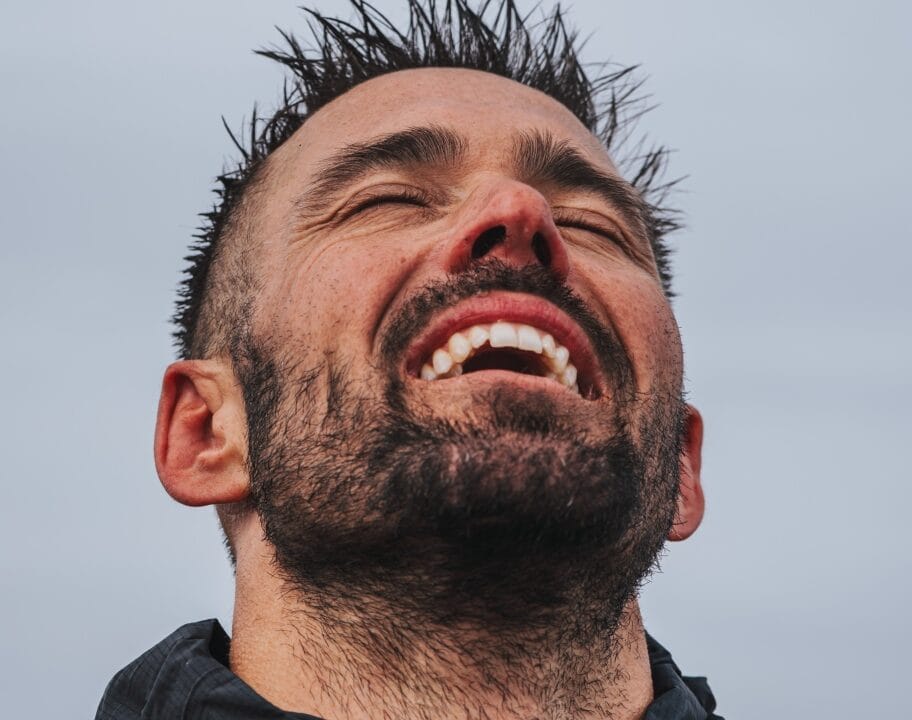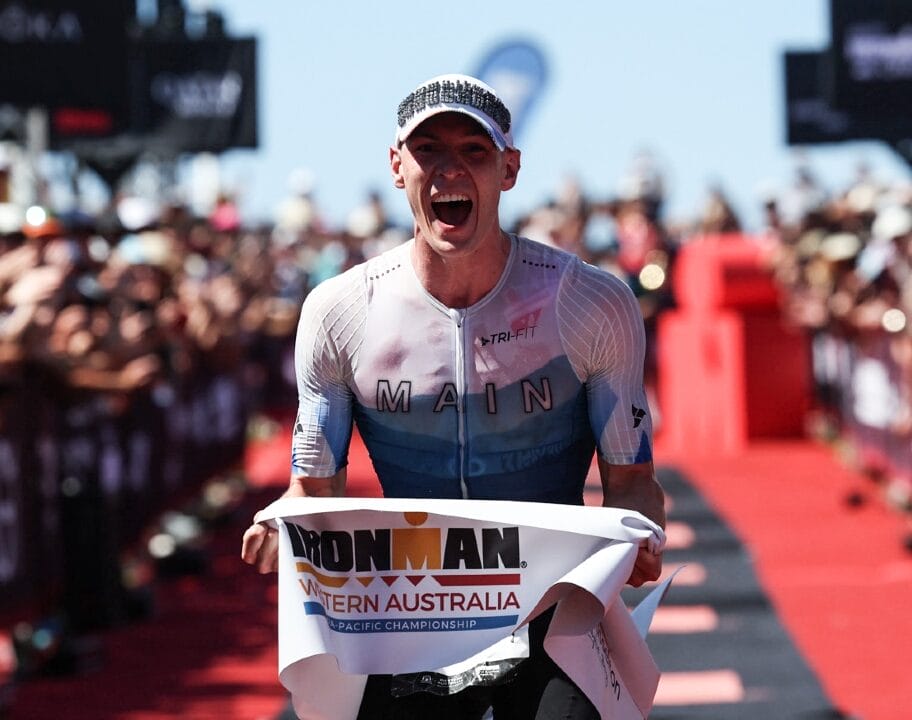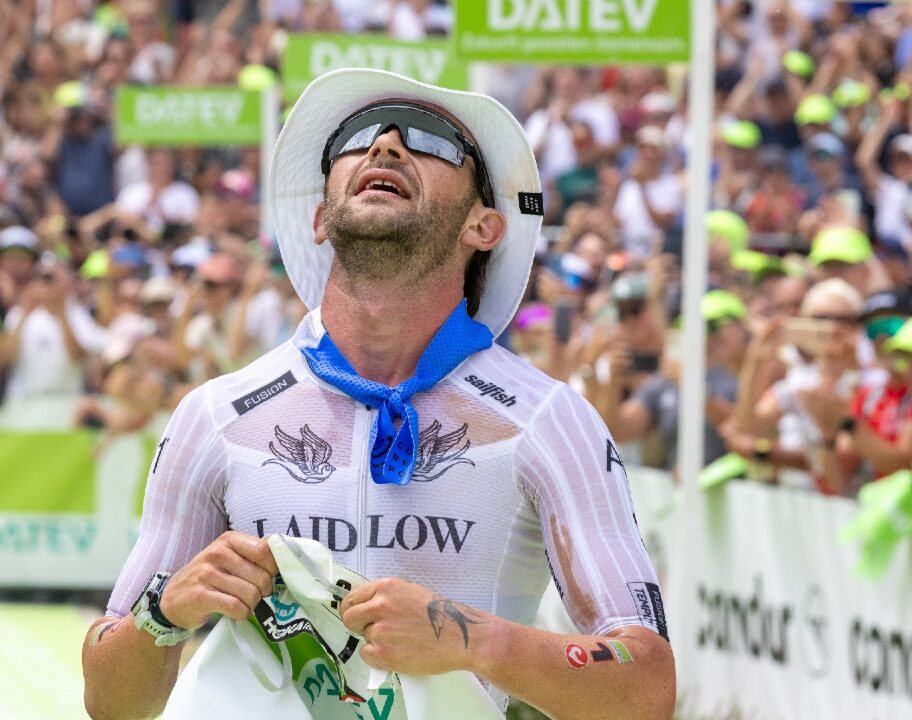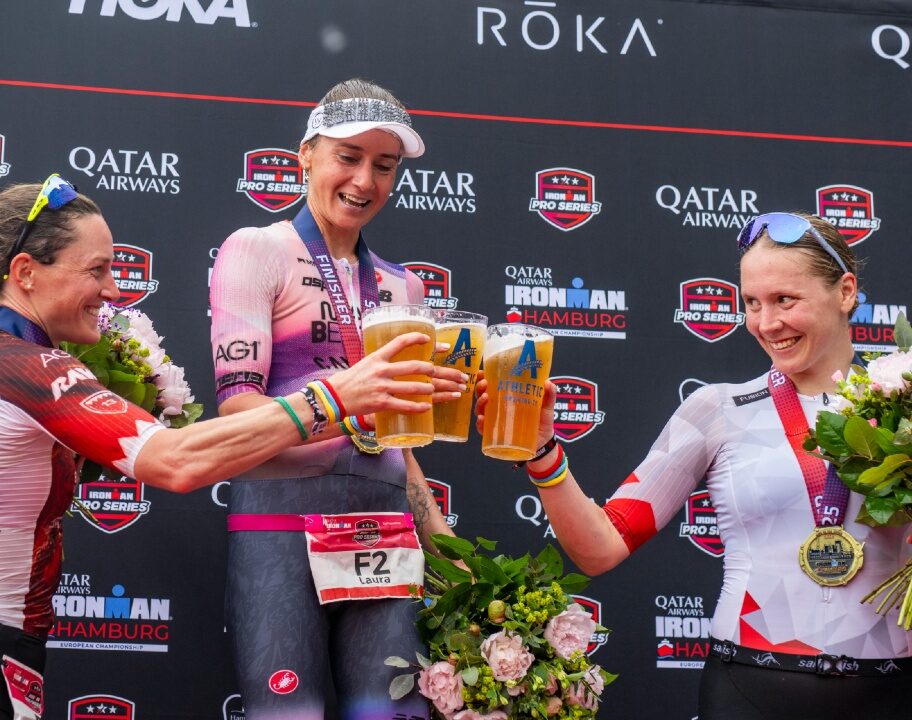“Make it more accessible and make it more fun.”
That’s Taylor Spivey‘s challenge to World Triathlon – and the American reckons that if they don’t act soon then more and more short-course stars like herself will start to step up in distance.
Few can match her high-placed consistency in the last few years in both WTCS events and Super League but speaking in a wide-ranging interview with Tim Ford on the latest Talking Triathlon podcast, embedded below, the 32-year-old says there’s already a big discrepancy in the earning potential between short and long course.
She explained: “Just from my personal experience, from talking to some of my friends who are in long course and we have open conversations about what sponsors are giving them and versus what sort of support I get. And it’s pretty shocking that maybe a long course [athlete] that doesn’t quite perform quite as well would get significantly more support than someone like myself who is consistently in the top five over the last four years under World Triathlon.
“And sometimes I’m scratching my head – what am I doing wrong as an athlete or as someone who engages with people on social media or just how I market myself in general?”
Paywall barrier
Spivey feels the live broadcast coverage is a key aspect, pointing out: “It’s a lot easier to follow a shorter race versus a four-hour race, like a 70.3.
“But then again, there are all these barriers to access our [WTCS] live media. For instance, you need a subscription to access the Triathlonlive feed, which I think is really setting us back in terms of what sort of fan engagement we can have, whereas in Super League everything’s free and accessible. And I think that’s why it’s succeeding so much and getting so much more recognition.
I really hope World Triathlon takes some notes and learns from this.
“I just think people get set in their ways. They’re so used to doing it this way, and no one wants to change until someone comes in and tells them they really need to change it.
“Whether it’s how they broadcast things, whether it’s how our courses are designed – which has been incredibly boring this last year – [there’s] nothing to spice it up. I just think, yeah, it’s losing its fun a bit, which sucks. I love this sport and I love World Triathlon and I love racing. But make it more accessible and make it more fun for not just the athletes to race, but for people to watch it.”
‘Trickle down effect’
And she feels that change will now happen as a result, saying: “I think there will probably be a transition in the next Olympic cycle, just with the PTO and Super League.
“Because I think if World Triathlon doesn’t change some of the things they are doing to make this series just as attractive as other ones then I think they are going to lose some of their athletes to these other events.”
Spivey referenced how a similar switch more than 10 years ago proved a catalyst for a whole new generation of mountain bike fans.
“I just sometimes wish they would look at the Mountain Biking World Cup series as a precedent. I think when Red Bull TV took it over and allowed people to watch it for free, that’s when mountain biking took off in terms of its viewers.
“Instead of these subscriptions, you have more value in the advertising you’re putting on that channel, like via Red Bull. And with that, you get a huge return on investment – more people watching it, the sponsors are more inclined to support athletes and I think it’s a trickle down effect.”
Stepping up
Spivey revealed she intends to try her hand at middle-distance after the Olympics, adding: “I think after the Paris Olympics, even more people are going to do long course or PTO races just because there’s so much more support financially in terms of succeeding in these races.
“I think it will change the way the [World Triathlon] series is for the next few years until people need to start earning points again for the Olympic cycle. So it’ll be interesting to watch.
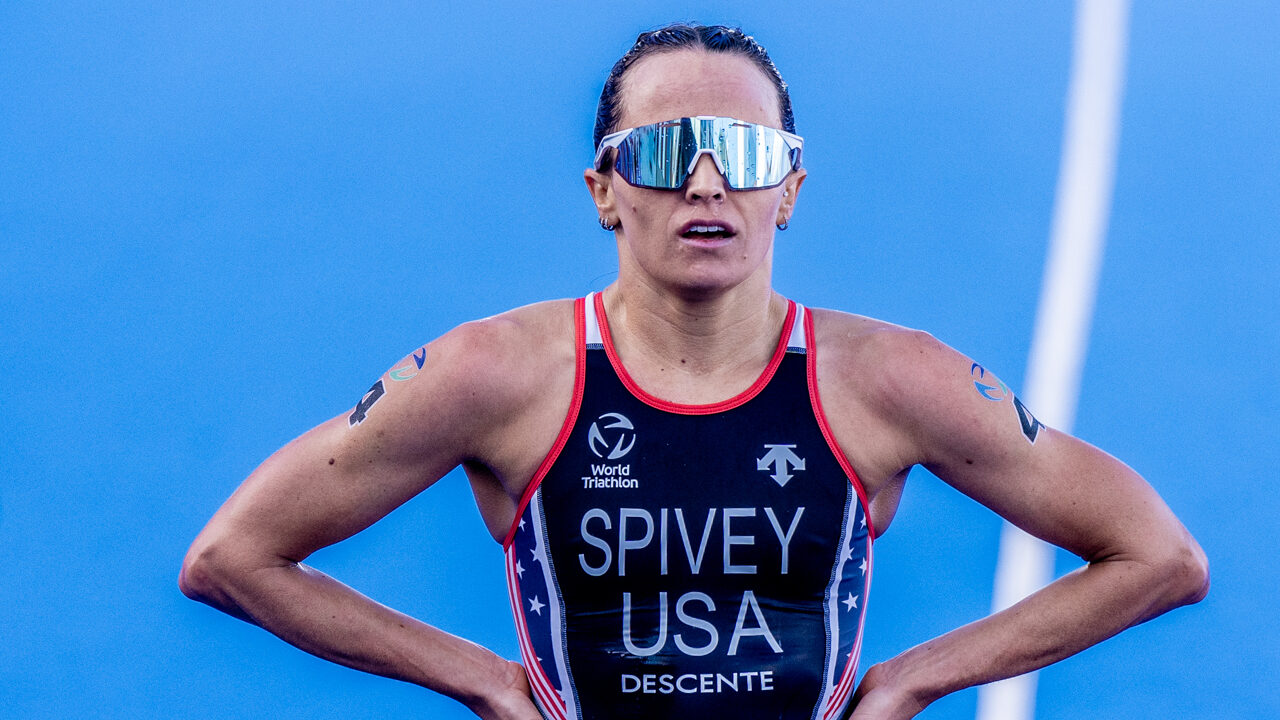
“I don’t think I’m the only one who’s saying that they want to go to long course. And watching Kristian [Blummenfelt] and [Taylor] Knibb perform at these races and across different distances, it seems like it’s possible.
“I think I train enough for 70.3. I don’t think it’s too different, but I do know I need to respect the time trial position. That’ll be a fun challenge when it comes.”







